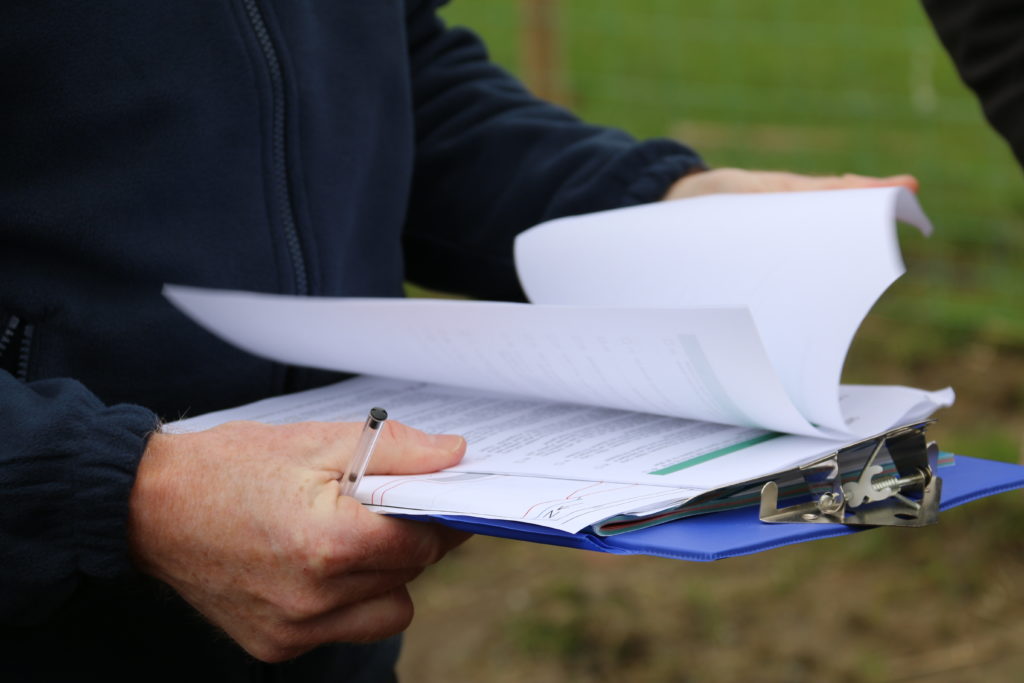The enhanced use of the “yellow card” system to end farmers being fined for minor errors and “honest mistakes” has received backing from the European Parliament Agriculture and Rural Development Committee.
The support from the committee has been welcomed by Sinn Féin MEP Matt Carthy.
Speaking from Brussels, Carthy commented: “This week we voted on the third and last CAP file, specifically on how the new Common Agriculture Policy will be monitored and managed.
“This is particularly important for farmers because it establishes the rules in relation to penalties.
Those of us who regularly engage with farmers are aware of those who have received massive penalties for minor rule breaches or honest mistakes.
Noting his amendments to the text of the regulation, Carthy said he proposed the increased use of the yellow card system to give farmers certainty that they will not lose payments for first offences, which are minor or genuine mistakes.
The MEP said that fine calculations should consider the contribution of the farmer to the mistake, the economic situation of the farmer and the ability of the department to identify and rectify the error at an earlier stage.
“The issue of who is targeted for inspection is also important,” he added.
In this week’s vote, we agreed that the target groups for inspection should be simply random but must include the risk posed by the farmer’s activity.
“Unfortunately, my desire to cap the inspection sample at 1% of farmers was not adopted, but a compromise was agreed that a minimum of 1% would be put in place and Ireland would be free to set this as a maximum control group per year.”
Crises reserve
Carthy also highlighted changes also made to the agricultural crisis reserve.
“The current system actually disincentives farmers to call for the use of the fund. Funds are taken from farmers at the start of the year and returned to them at the end of the year, provided the fund was not used.
“It does not make sense for farmers to call for the fund to be used when they have no certainty that what they get back will be equal to what was taken,” he said.
“This means that €400 million will be placed in the fund ever year, which will roll over if it is not used. This will greatly limit the circumstances in which farmers’ payments will be cut to supplement the envelope.
“I hope these changes will bring our farmers some much-needed relief with regard to monitoring and crises funds, in a time where they face challenges in so many other areas,” Carthy concluded.
